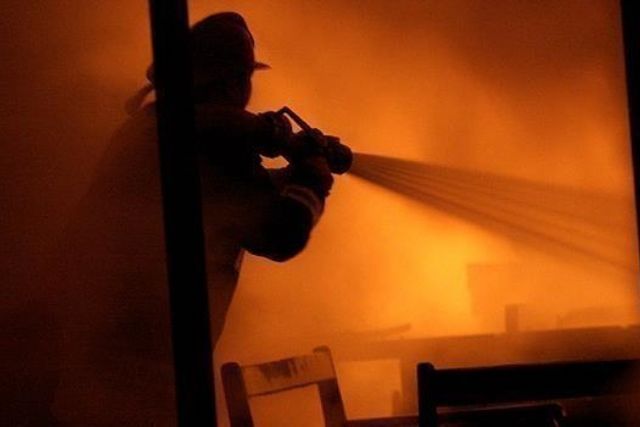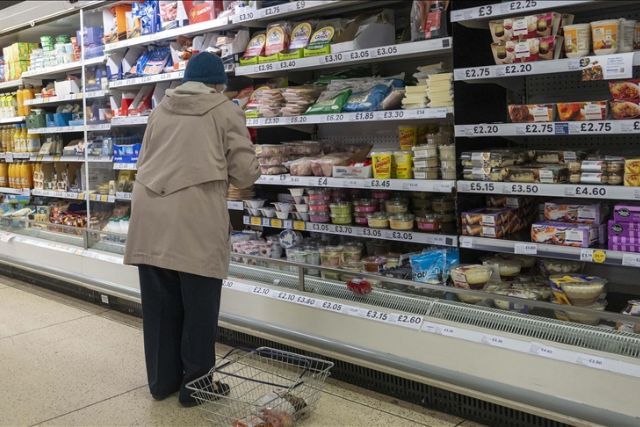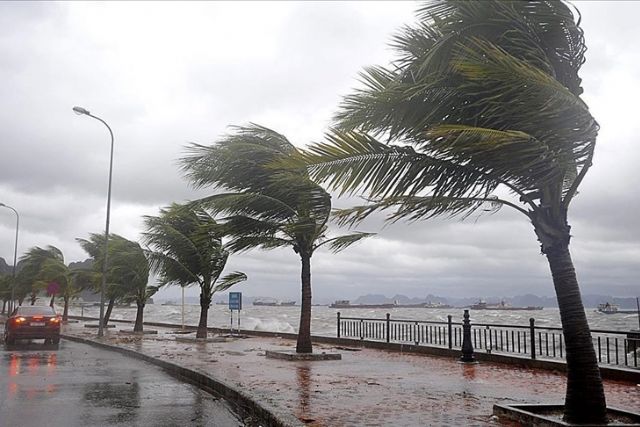Ex-Iraq premier urges Baghdad to stop PKK breaches into Turkish territory
Ayad Allawi says remedies should be found for serious issues with neighboring countries

BAGHDAD
Former Iraqi Prime Minister, Ayad Allawi, has called on his country to prevent any infiltration by PKK terrorist group into Turkish territory, noting that it was "unacceptable" to protest Turkiye's response to the terror group's attacks.
In an interview with Anadolu Agency, Allawi said the Iranian political influence in Iraq has declined over the past years following a wave of popular protests in the central and southern provinces of the country.
"Issues should not remain suspended with Iran and Turkiye, but there should be a direct dialogue," Allawi said.
“Dialogue should conclude with solving problems with Iran and Turkiye. Iraq should not allow PKK members to breach Turkish territory,” Allawi said.
“We protest when Turkiye intervenes to respond to the PKK attacks, and this is unacceptable. Remedies should be found for serious issues with neighboring countries,” he added.
Notably, Turkiye and the Iraqi government classify PKK as a terrorist group.
Iranian influence
Allawi said that the Iranian influence in Iraq has declined in recent years.
“Although Iran's interference still exists in Iraq's internal affairs, its influence has declined over the past years as a result of popular protests in central and southern Iraq against the country's ruling class.”
Allawi, however, said that the Iranian influence still exists in Iraq, citing recent visits by Esmail Qaani, commander of the Quds Force of the Islamic Revolutionary Guard Corps.
During the past weeks, Qaani made two visits to Iraq, during which he met with Shia cleric Muqtada al-Sadr, and leaders of other political groups in an effort to unite Shia forces to form a new coalition government. His efforts, however, have failed to bear fruits.
Al-Sadr's Sairoon Alliance won the Oct. 10 parliamentary elections, with 73 seats in the 329-member parliament. He, however, has been unable to convince other Iraqi political groups to form a national majority government.
"Iran no longer has the reins of control over the Iraqi street or the country's political forces, except for some political forces,” said Allawi, who leads the Iraq Alliance which won one seat in parliament.
Gov't crisis
Allawi said the government crisis will be solved when political powers agree on a unified reform program for the country's interest, despite the political nature of the coalition Cabinet.
The former premier said he informed a number of Iraqi political forces of the necessity of allowing the Sadrist movement to form the government, as it is the political bloc that won the majority of seats in parliament.
Allawi, however, disagrees with al-Sadr's condition to exclude former Prime Minister Nuri al-Malik-led State of Law coalition, from the government, adding that such move deemed an "incorrect procedure.”
Al-Sadr has been in a row with al-Maliki since 2008 when the latter was prime minister and ordered a deadly military operation against the so-called pro-al-Sadr Mahdi Army.
Kurdish dispute
With regard to the dispute between the two ruling Kurdish parties in northern Iraq's Kurdish region -- the Patriotic Union of Kurdistan (PUK) and the Kurdistan Democratic Party (KDP) – on Iraq's presidency, Allawi blamed the dispute for "the lack of clarity in the current political process in the country.”
On Feb. 7, the Iraqi parliament failed to hold a session devoted to electing the country's president, due to lacking required quorum of 58 lawmakers out of 329.
The failure to elect a new president came amid a dispute over Kurdish candidates; Barham Salih nominated by the PUK and Hoshyar Zebari of the KDP, who was disqualified by the Federal Supreme Court on Feb. 13.
Last week, the Iraqi Parliament issued a new list of 33 candidates for the presidential post, including a new candidate for KDP, Reber Ahmed Khaled. The parliament, however, has yet to set a date for a session to elect a new president.
“The current status in Iraq is the result of having the country's political forces focused on individuals not political programs,” Allawi said.
* Writing by Mahmoud Barakat





